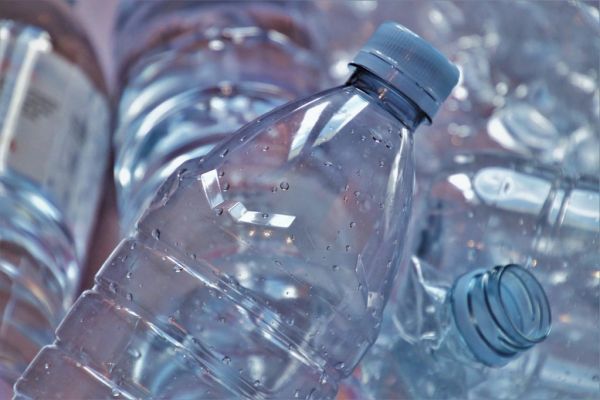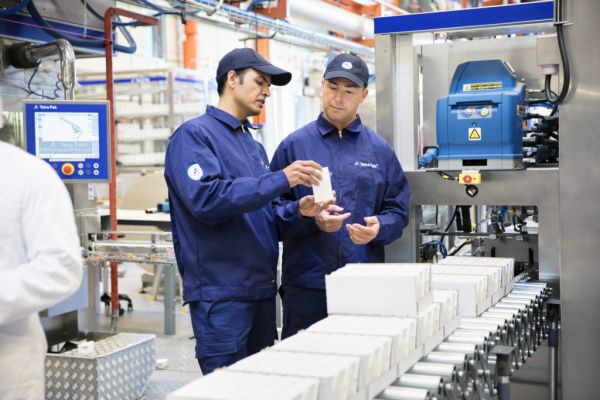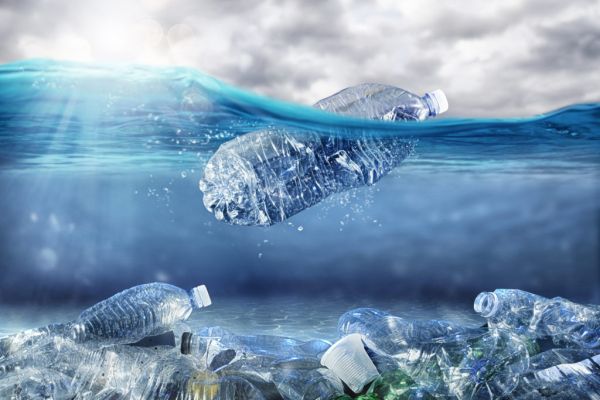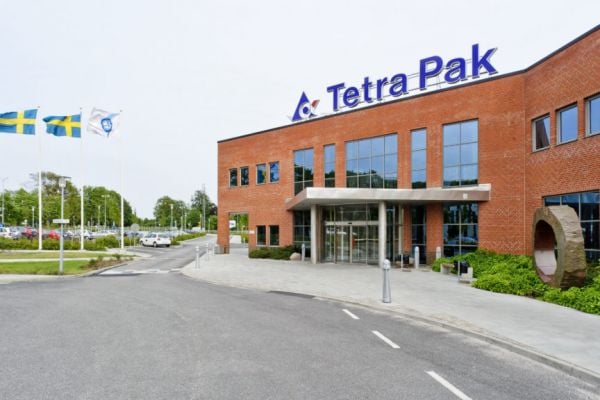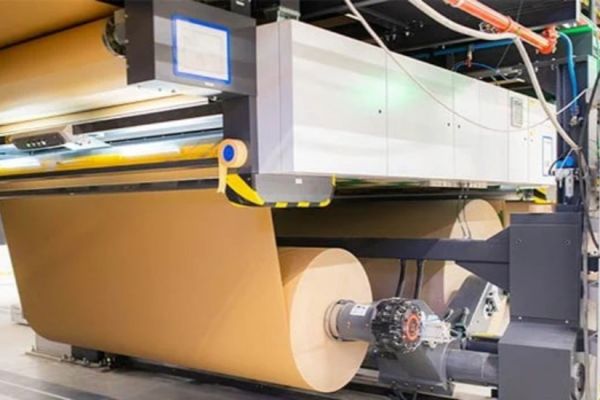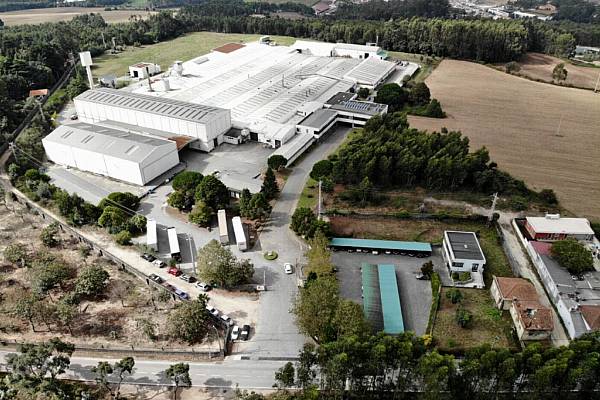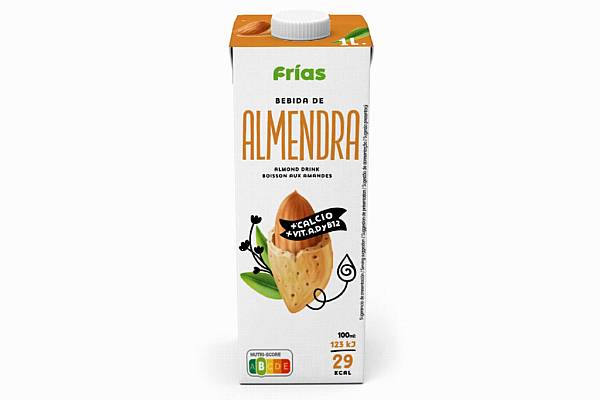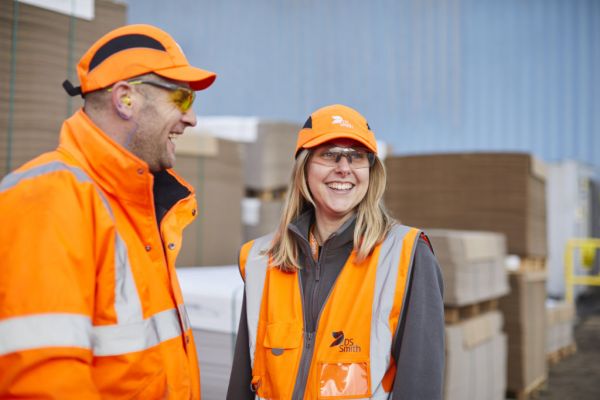Public-private partnerships will be necessary to drive systemic change in food packaging recycling over the coming years, a new study by Finland's Technical Research Center (VTT) has found.
The study, Recycling Food Packaging, found that as more technological solutions for recycling food packaging become commercially available over the coming years, alliances between brand owners, recycling bodies, waste management companies, local authorities and technology firms will be 'fundamental' to ensuring the future success of this industry.
'Such partnerships are essential for future investment in new recycling technology as they provide, on one hand, accessibility to used material, and on the other hand, a potential user for the recyclate,' the report said.
Drivers For A Circular Economy
The report was commissioned by sustainable packaging provider Huhtamaki, and aims to identify and increase understanding of the key drivers required to deliver a functioning circular economy, 'in which importantly packaging is not only recyclable, but recycled', the company said.
“The study predicts a significant increase in industrial chemical recycling capacity in the United States, Europe and East Asia in the next three to four years," commented Mona Arnold, principal scientist at VTT.
"Chemically recycled polymers can be included in food packaging after full depolymerization, whilst in practice today, recycled polymers certified as food contact material are mainly limited to rPET, used mostly in bottles."
Recyclable, Compostable Or Renewable
Huhtamaki re-iterated its plans to ensure that 100% of its products are recyclable, compostable or renewable by 2030, as well as to ensure that more than 80% of the raw materials it uses are either renewable or recyclable.
"It is not enough to manufacture recyclable products; they need to be recycled," said Thomasine Kamerling, EVP Sustainability and Communications at Huhtamaki.
"This necessitates building the systems to recycle all waste and focus on reducing our carbon footprint collectively. This will only be possible through game changing innovation and partnerships across the value chain."
Kamerling said that the VTT report outlines the best ways to achieve this, acting as a reference point between industry, civil society and governments. You can view the report here.
Recently, the United Nations discussed a roadmap for a treaty to address plastic production and design, and its full lifecycle.
© 2022 European Supermarket Magazine – your source for the latest Packaging news. Article by Stephen Wynne-Jones. Click subscribe to sign up to ESM: European Supermarket Magazine.
